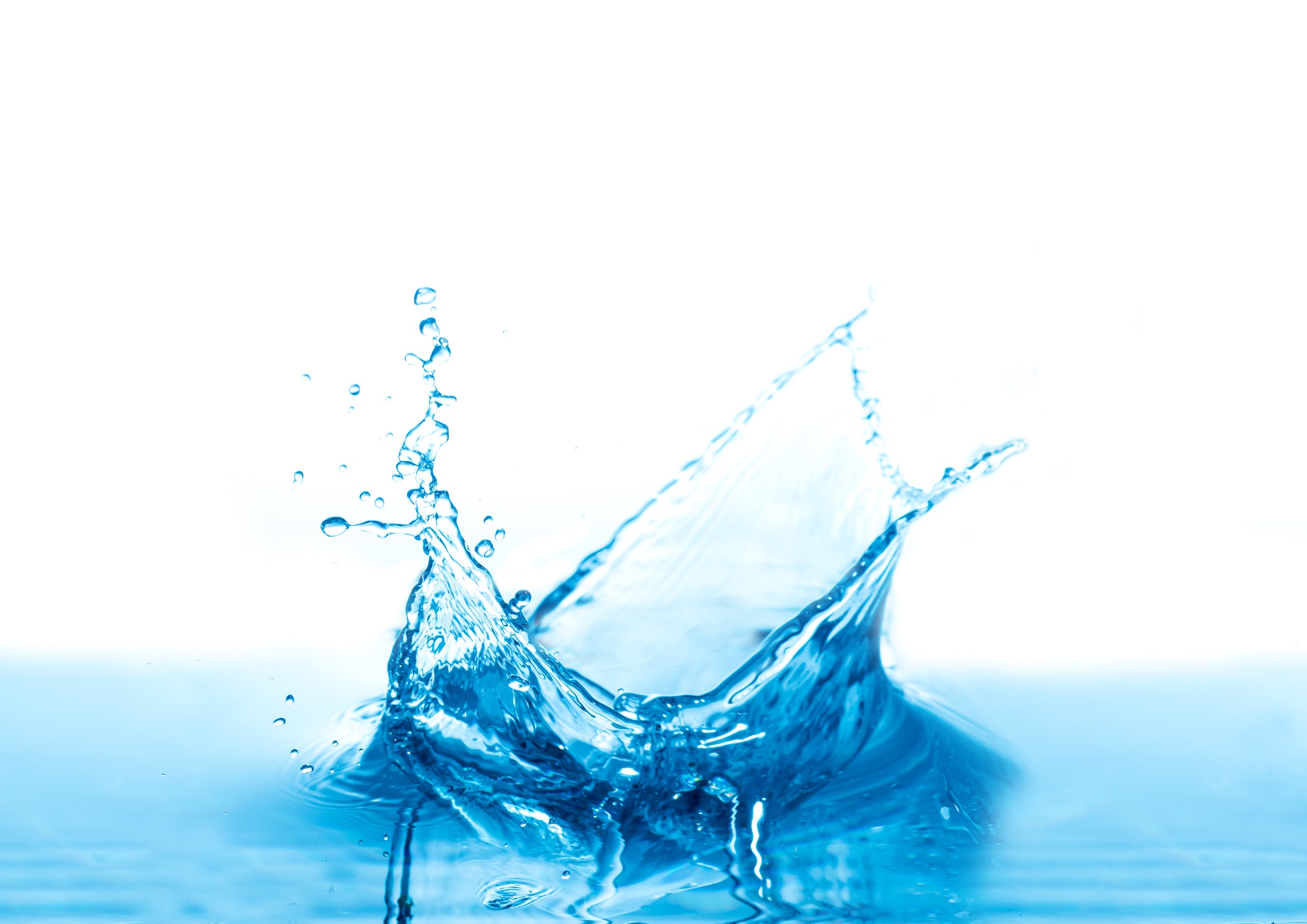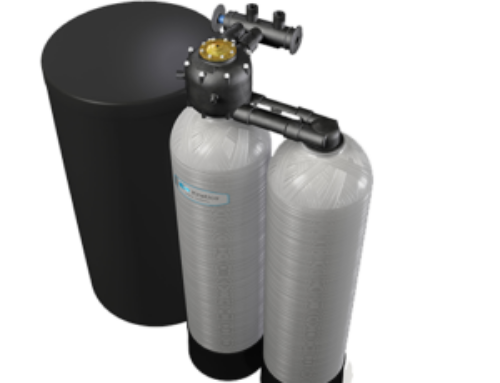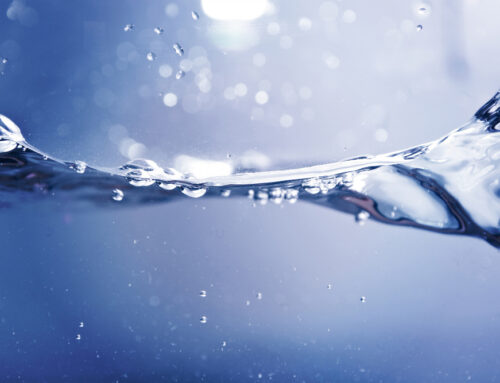Water is an essential resource for businesses, and its quality can significantly impact various operations. For many commercial enterprises, hard water poses challenges that affect efficiency, equipment longevity, and overall cost-effectiveness. To address these concerns, more businesses are turning to commercial water softeners.
Let’s explore frequently asked questions (FAQs) about commercial water softeners, providing comprehensive insights to help businesses make informed decisions about water treatment solutions.
1. What is a Commercial Water Softener?
A commercial water softener is a specialized system designed to remove minerals, primarily calcium and magnesium ions, from hard water. Hard water can lead to scale buildup in pipes, appliances, and industrial equipment, reducing their efficiency and lifespan. A water softener uses ion exchange technology to replace calcium and magnesium ions with sodium ions, resulting in softened water that is gentler on equipment and plumbing.
2. How Does Hard Water Affect Commercial Operations?
Hard water can have a significant impact on various commercial operations. It leads to the accumulation of scale, a mineral deposit that can clog pipes, reduce water flow, and decrease the efficiency of water heaters and boilers. In industrial settings, scale buildup on equipment can impede heat transfer, leading to increased energy consumption. Commercial water softeners address these issues by preventing scale formation and preserving the efficiency of water-dependent processes.
3. What Are the Benefits of Using a Commercial Water Softener?
The use of a commercial water softener offers several benefits for businesses:
a. Extended Equipment Lifespan:
By preventing scale buildup in appliances, pipes, and industrial equipment, water softeners contribute to extended equipment lifespan. This reduces maintenance costs and enhances the overall durability of machinery.
b. Improved Water Quality:
Softened water provides a higher quality of water, free from the mineral impurities that can affect taste and appearance. This is particularly important for businesses in the hospitality and food service industries.
c. Reduced Soap and Detergent Usage:
Soft water lathers more easily, reducing the amount of soap and detergent required for cleaning. This just not only leads to cost savings but also helps in environmental sustainability.
4. How Do Commercial Water Softeners Work?
Commercial water softeners operate on the principle of ion exchange. The softening process involves two main tanks – a resin tank and a brine tank. The resin tank contains resin beads that carry a negative charge. As hard water flows through the resin tank, calcium and magnesium ions in the water are attracted to the negatively charged resin beads. In exchange, sodium ions are released into the water, resulting in softened water.
Periodically, the resin beads become saturated with calcium and magnesium ions, requiring regeneration. During regeneration, a salt solution from the brine tank is used to flush out the accumulated minerals from the resin beads, restoring their negative charge and enabling them to continue the ion exchange process.
5. What Size of Commercial Water Softener Do I Need for My Business?
Determining the appropriate size of a commercial water softener depends on various factors, including the water hardness level, flow rate, and daily water usage. Conducting a water analysis to measure hardness is a crucial first step. Additionally, businesses should consider their peak water usage and select a water softener with the capacity to meet these demands. Consulting with water treatment professionals can help businesses choose the right size and type of water softener for their specific needs.
6. Are There Different Types of Commercial Water Softeners?
Yes, there are different types of commercial water softeners, each designed to meet specific requirements. The two main types are:
a. Time-Initiated Water Softeners:
These systems regenerate based on a preset schedule, regardless of actual water usage. While simple and cost-effective, they may be less efficient in terms of salt and water usage compared to demand-initiated systems.
b. Demand-Initiated Water Softeners:
Also known as meter-initiated or on-demand systems, these water softeners regenerate based on water usage. They are more efficient as they regenerate only when necessary, minimizing salt and water consumption.
7. How Do I Maintain a Commercial Water Softener?
Regular maintenance is crucial to ensure the optimal performance of a commercial water softener. Key maintenance tasks include:
a. Salt Refilling:
For water softeners that use salt, regularly check and refill the brine tank to maintain the system’s effectiveness.
b. Monitoring Salt Levels:
Maintain proper salt levels in the brine tank to ensure effective regeneration. Low salt levels can lead to incomplete regeneration and reduced softening capacity.
8. Can a Commercial Water Softener Remove Other Contaminants?
While the primary function of a commercial water softener is to remove hardness minerals, certain models may have additional features to address other contaminants. Some water softeners come with integrated filtration systems capable of removing sediment, chlorine, and other impurities. However, for comprehensive water purification, businesses may need to consider additional water treatment solutions tailored to specific contaminants.
9. Are Commercial Water Softeners Environmentally Friendly?
The environmental impact of commercial water softeners depends on the type of system and its operation. While traditional water softeners that use salt for regeneration may contribute to increased sodium levels in wastewater, newer, high-efficiency models aim to minimize salt usage and reduce environmental impact. Some businesses may also explore alternative technologies, such as template-assisted crystallization (TAC) systems, which do not require salt for regeneration.
10. How Can I Choose the Right Commercial Water Softener Provider?
Choosing the right provider for a commercial water softener is a critical decision. Consider the following factors:
a. Experience and Reputation:
Look for providers with extensive experience in commercial water treatment and a positive reputation in the industry.
b. Customization:
Select a provider that offers customized solutions based on the specific needs of your business, taking into account water hardness levels, usage patterns, and equipment requirements.
Investing in a commercial water softener is a strategic decision for businesses aiming to enhance efficiency, extend equipment lifespan, and ensure the highest water quality. By addressing common concerns through the FAQs outlined in this article, businesses can navigate the process of selecting, installing, and maintaining a commercial water softener with confidence.
In the pursuit of optimal water quality for commercial enterprises, the journey through FAQs about commercial water softeners reaches its conclusion with a beacon of expertise – Aon Water. Specializing in state-of-the-art water treatment solutions, Aon Water stands at the forefront of ensuring businesses in Birmingham, AL.
For businesses seeking a superior water softener in Birmingham, AL, Aon Water is not merely a provider; it’s a commitment to elevating your water quality to new heights. Contact Aon Water today, and let’s embark on a journey of optimal efficiency, sustainability, and enduring water excellence.






